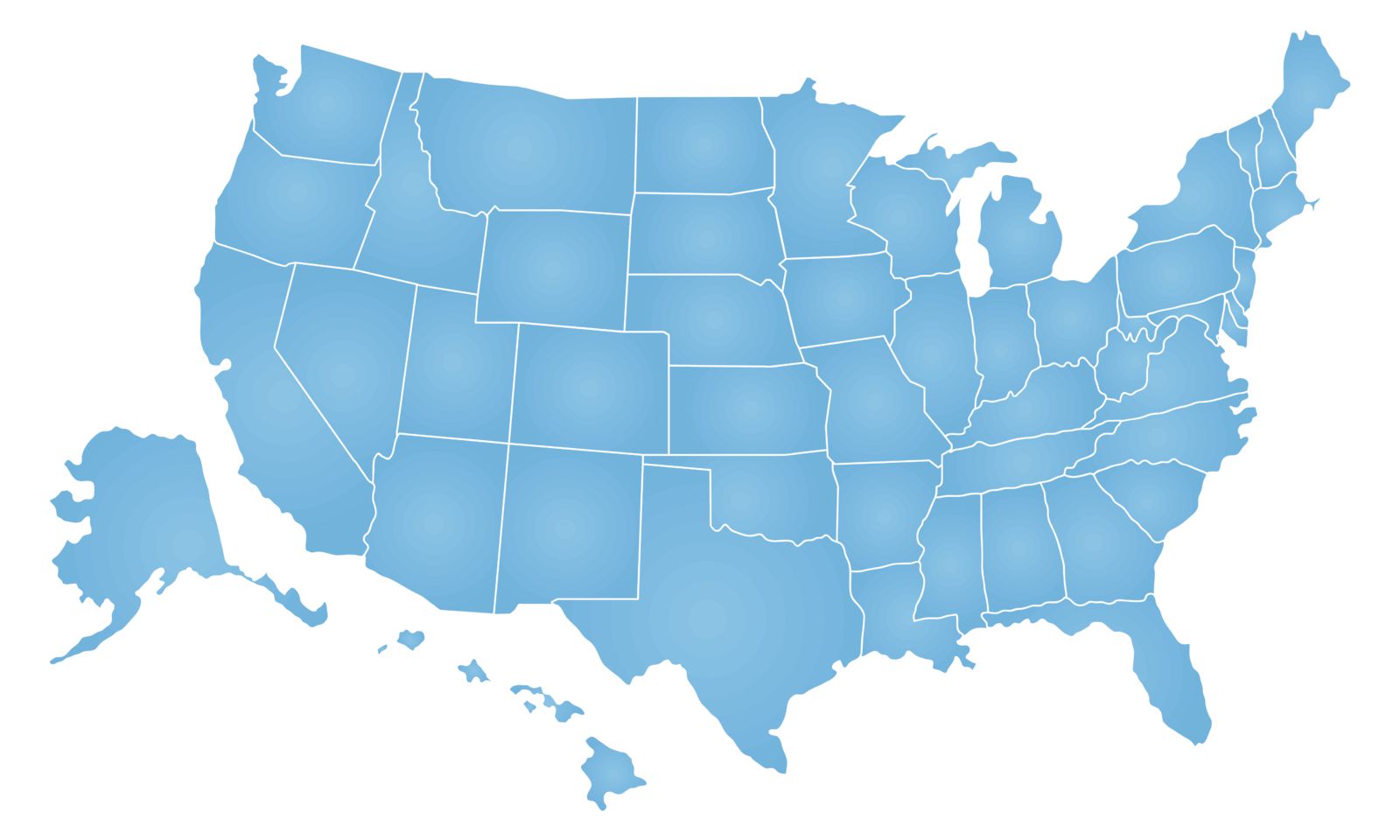 Post
PostCan you park your car on the street without insurance?
Most people mistakenly believe that they only need car insurance when they’ll be driving a vehicle. However, now you also need to know where to park an uninsured car as well. Although you’ll only be held legally responsible for damages in an accident when you’re driving your car, the reality is that you’re still obligated to...
Most people mistakenly believe that they only need car insur...




